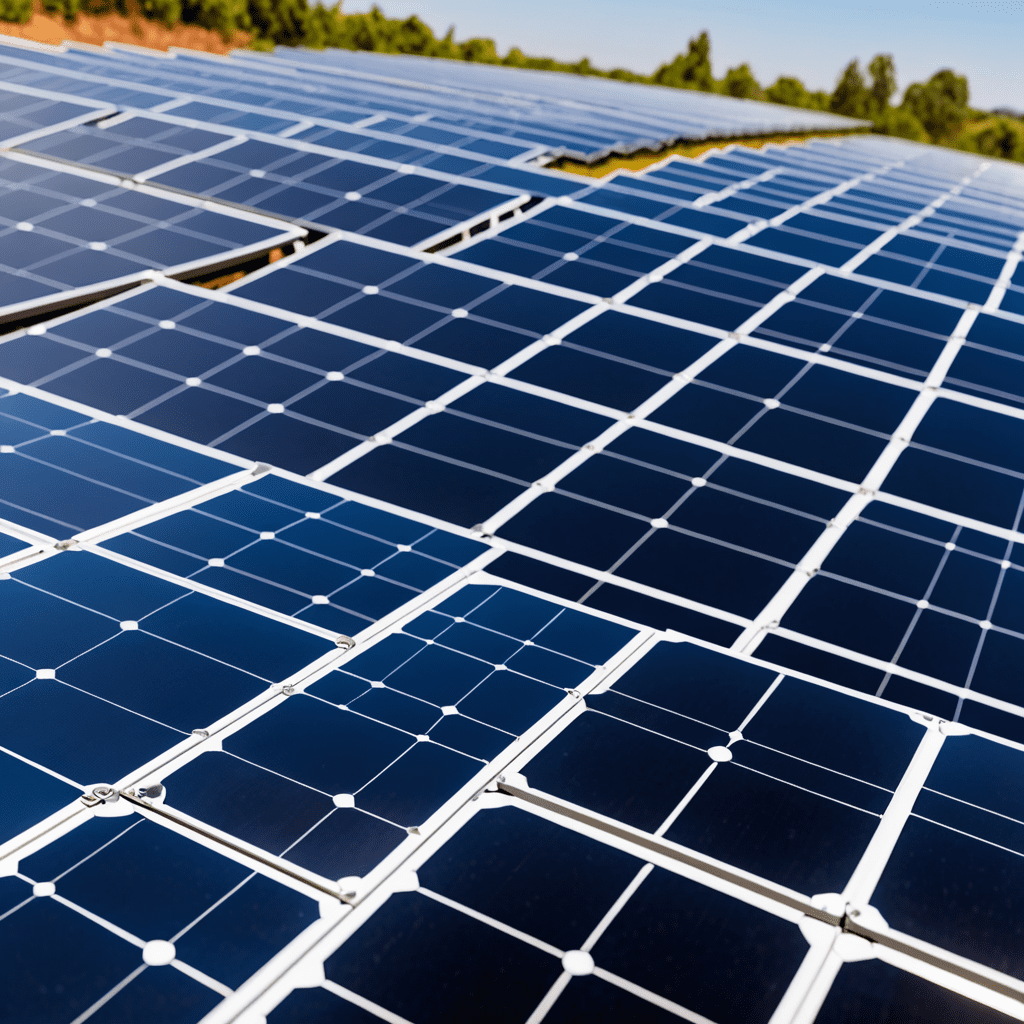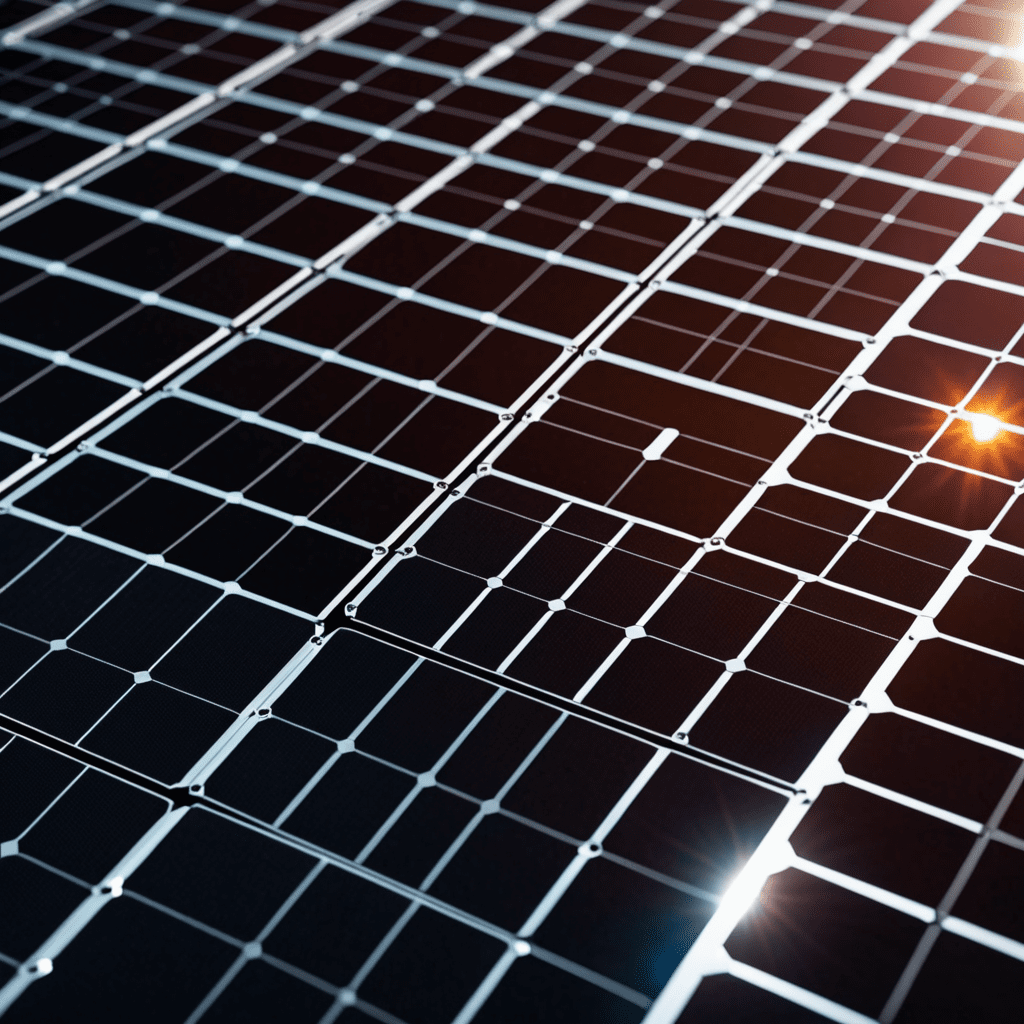Geothermal Energy: Heating and Cooling Solutions
The Power beneath Our Feet
Geothermal energy, harnessing the heat from the Earth’s core, offers sustainable heating and cooling solutions for buildings. By tapping into this renewable energy source, we can reduce our reliance on fossil fuels and minimize our carbon footprint.
How Geothermal Systems Work
Geothermal systems utilize the consistent temperature of the ground to provide heating in the winter and cooling in the summer. Through a network of pipes buried underground, these systems transfer heat to or from the ground, depending on the season, using a heat pump to regulate indoor temperatures.
Benefits of Geothermal Energy
One of the key advantages of geothermal energy is its high efficiency. Unlike traditional HVAC systems, geothermal systems require less energy to operate, resulting in lower utility bills. Additionally, geothermal energy is sustainable, reliable, and environmentally friendly.
Installation Process
Installing a geothermal system involves digging boreholes or trenches on the property to lay the ground loop. This loop circulates water or a refrigerant to transfer heat to and from the ground. While installation can be more expensive upfront, the long-term savings and environmental benefits outweigh the initial costs.
Types of Geothermal Systems
There are two main types of geothermal systems: open-loop and closed-loop systems. Open-loop systems use groundwater from a well to directly heat or cool a building before returning the water to the ground. Closed-loop systems, on the other hand, circulate a refrigerant through a closed pipe system buried underground.
Environmental Impact
Geothermal energy is considered a sustainable and environmentally friendly heating and cooling solution. By reducing greenhouse gas emissions and decreasing reliance on non-renewable energy sources, geothermal systems play a crucial role in combating climate change and promoting a greener future.
Is Geothermal Energy Right for You?
When considering a heating and cooling system for your property, geothermal energy offers a range of benefits worth exploring. While initial costs may be higher, the long-term savings, energy efficiency, and environmental advantages make geothermal systems a compelling choice for eco-conscious homeowners and businesses.
Frequently Asked Questions About Geothermal Energy: Heating and Cooling Solutions
What is geothermal energy in the context of heating and cooling solutions?
Geothermal energy involves harnessing heat from beneath the Earth’s surface to provide heating and cooling for residential and commercial buildings efficiently and sustainably.
How does geothermal energy work for heating and cooling purposes?
Geothermal systems utilize the constant temperature of the Earth to heat or cool a building. Pipes filled with a heat transfer fluid circulate underground, absorbing heat in winter and dissipating it in summer.
What are the benefits of using geothermal energy for heating and cooling?
Geothermal energy is environmentally friendly, renewable, and cost-effective in the long run. It reduces carbon footprint, decreases energy bills, and offers consistent heating and cooling throughout the year.
Are geothermal systems suitable for all regions?
Geothermal systems can be installed in various regions, but factors like soil conditions, available space, and upfront costs may influence their practicality. Consulting with geothermal experts can determine feasibility.
How does geothermal energy compare to traditional heating and cooling methods?
Geothermal energy systems are more energy-efficient, environmentally friendly, and provide stable, consistent heating and cooling compared to traditional methods like furnaces or air conditioners.


